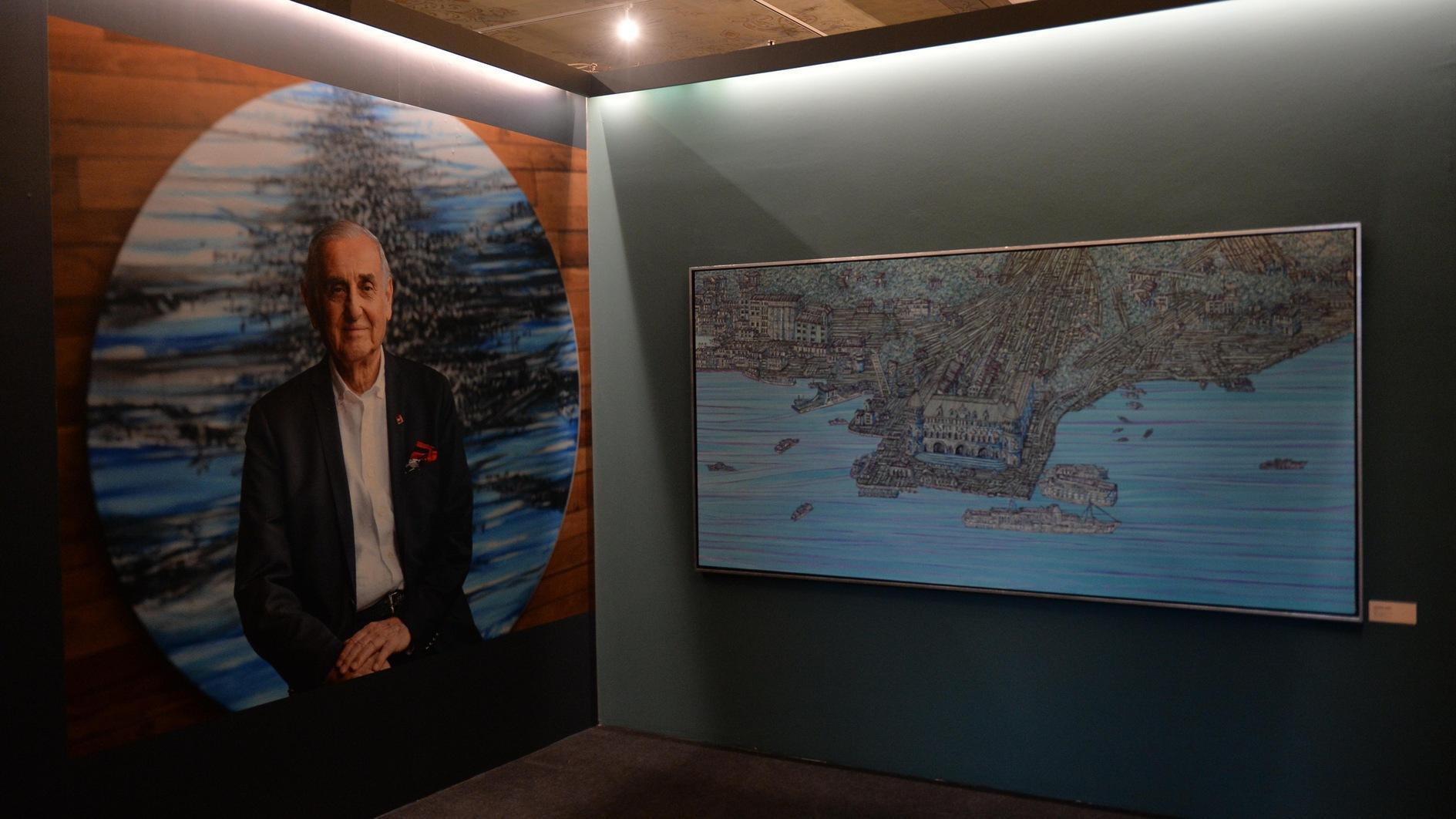Completely off the rails with the Balyoz case
The results in the Balyoz (Sledgehammer) case have divided me in two. One part of me was very pleased, while another was sad.
I was happy because the process of relieving our country from its historical “military tutelage” has begun. A first step has been taken. This was unimaginable 15 years ago. The system we call our republic was totally based on the supervision of the military. Two scapegoats were designated, one being bigots, and the other separatists, and the military was openly given the duty of protecting the country against this duo. We lived under this tutelage for years.
The military tutelage or military patronage took a huge toll on this country. Democracy was killed, freedoms restricted, political life ruined and the Kurdish issue escalated to the level it is at today. Unfortunately, none of our elected governments were able to defy this discourse.
The first revolt against the military tutelage was launched by the outlawed Kurdistan Workers’ Party (PKK). The armed struggle challenged the power of the Turkish Armed Forces (TSK).
The real blow came from the Gül-Erdoğan duo. With the help of both the international conjuncture and the Gülen community, they knew how to stop military tutelage.
Balyoz and Ergenekon are symbolic cases. Moreover, they are political cases. Rain falls on the just and the unjust alike. The aim of trials like these is not to do justice but to send the message to the society that those who stage coups or attempt to stage coups should know that one day they will appear in court.
Similar situations have been experienced everywhere in the world.
Even if there was no concrete coup preparation in the Balyoz case, I’m sure there was the idea that if necessary a coup could be staged in many minds.
The results did not surprise me, but I found them unnecessarily imbalanced. Because of that, my human side was sad, especially for the pain of the families. Moreover the coarseness of the way the justice system handled this case disturbed my conscience. I do not want to adopt a clear stance before seeing the justifications for the verdicts and before the Supreme Court of Appeals rules on the final verdict. However, the public is left with a series of question marks including the suspicion that evidence was not scrutinized adequately and the suspects’ right to a defense was not met. The widespread opinion is that rain has fallen on the just and the unjust alike. In short, the perception is that the justice system was not capable of undertaking this huge responsibility.
If you look carefully, even the ruling party is making a cautious evaluation of the results in the case. A “fine tuning” is expected from the Supreme Court of Appeals. This “fine tuning” is very important, because we have Ergenekon and the Sept. 12 and Feb. 8 cases coming up. If we want these cases to change the pro-coup mentality, then the public conscience should be able to approve of the verdicts.
The Constitutional Court
A huge test is waiting for the Constitutional Court. Shortly, Turkish citizens, who already have the right to make individual applications to the European Court of Human Rights (ECHR), will now be able to apply to the Constitutional Court first. If they are not satisfied they will still be able to go to the ECHR.
This is an extremely important process. I believe the Constitutional Court, headed by Hasim Kılıç, will be able to tackle this significant reform. I hope they will be able to give a lesson to Turkish justice this way, and pull a system that is falling apart back onto its feet again. The Constitutional Court is the only institution capable of doing this.










